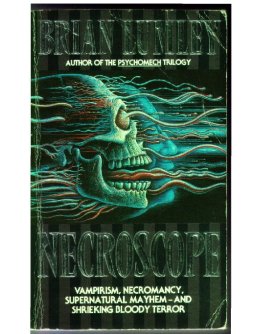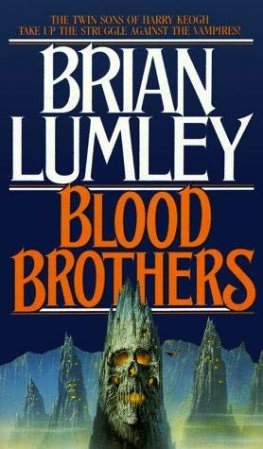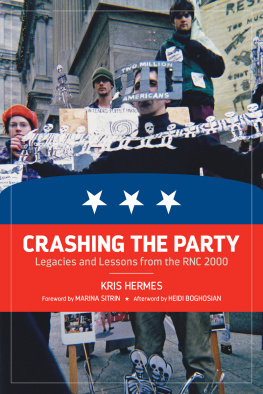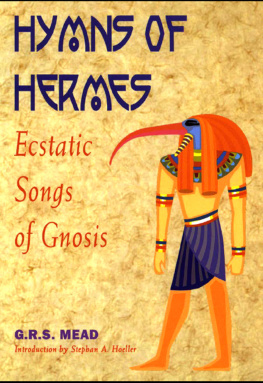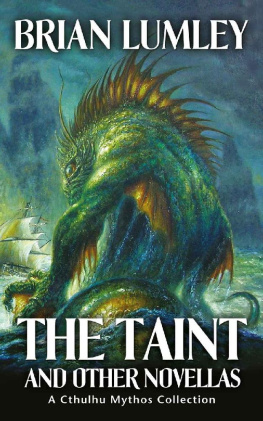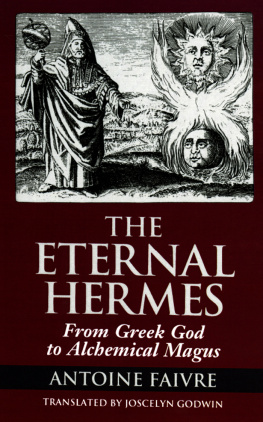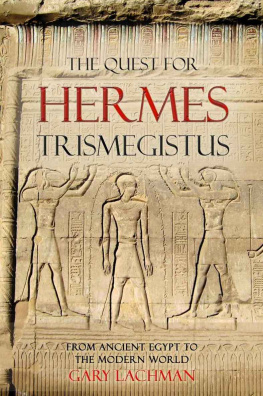PREFACE.
The fact that there is a plurality of worlds, that, in other words, the planets of our solar system are inhabited, has been so generally maintained by modern astronomers, that it almost takes its place among the truths commonly accepted by the large body of educated persons. As two among the many works, which bear directly on the subject, it will be here sufficient to name Sir David Brewster's 'More Worlds than One, the Creed of the Philosopher and the Hope of the Christian,' and Mr. B.A. Proctor's 'Other Worlds than Ours.'
A fragmentary account of some of the ways peculiar to the inhabitants of one of these "star worlds," and of their moral and intellectual condition is contained in the following pages.
When the assertion is made that the account is derived, not from the imagination, but from an actual knowledge of the star, it will at first receive scant credence, and the reader will be at once inclined to class the fragments among those works about imaginary republics and imaginary travels which, ever since the days of Plato, have from time to time made their appearance to improve the wisdom, impose on the credulity, or satirize the follies of mankind.
Nor can the reader's anticipated want of faith be deemed other than natural; for, although tests applied daily during a period extending over nearly a lifetime have proved the source of the fragments to be such as is here represented, the Editor feels bound to say that, notwithstanding much confirmatory evidence, many years passed and many facts were communicated before all doubts were completely removed from his mind.
One great obstacle to the reader's belief that an authentic description of another world is before him will arise from the circumstance that the means by which such extraordinary experience was acquired are not included in the sphere of his knowledge, and that any attempt to explain them at present would only increase his incredulity. He would only see one enigma solved by another apparently more insoluble than itself. The Editor, therefore, would call especial attention to the practical value of the revelations here communicated, convinced as he is that they are so replete with instruction to terrestial mankind, that the difficulty of giving credence to them ought not to be augmented by premature disclosures. Ultimately satisfied as to the origin of the fragments, he entreats the reader not, indeed, to surrender, but simply to suspend his judgment until he has carefully examined them, conceiving that, apart from all external proof, they rest upon an intrinsic evidence, the force of which it will be difficult to resist. Nay, he is even of opinion that an impartial student will find it easier to believe in their planetary origin than in their emanating from an ordinary human brain. The practical value of the facts, considered apart from their source, will excuse his request not to be too hastily judged.
The people to whom the fragments relate are, it will be found, not only human, but constituents of a highly civilized and even polished society. Their notions of good and evil, of happiness and misery correspond to ours, and though they employ different means, the objects they pursue are the same with those sought by terrestrial philanthropists. Health, education, marriage, the removal of disease, the prevention of madness and of crime, the arts of government, the regulation of amusement, the efficient employment of physical forcesthemes so often discussed herehave equally occupied the attention of our planetary brethren, although, as will be seen, in the results of our studies we differ not a little. This is not a story of Anthropophagi, or men whose heads do grow beneath their shoulders, which can merely excite wonder, but a record of actual men, who, widely separated from us in the ocean of space, are beings with whom we can sympathise much more than with the inhabitants of the uncivilized portions of our own globe.
The reader will now begin to understand what is meant when the Editor calls attention to the practical value of most of his communications, and invites consideration of the fragments, as suggestive of much that concerns the welfare of mankind, the question as to their source being provisionally left open. The man of science, the poet, the metaphysician, the philanthropist, the musician, the observer of manners, even the general reader who merely seeks to be amused, will, it is hoped, find something interesting in the following pages. Let all, therefore, taste the fruit and judge of its flavour, though they do not behold the tree; profit by the diamonds, though they know not how they were extracted from the mine; accept what is found to be wholesome and fortifying in the waters, though the source of the river is unknown.
Lest, in thus expatiating on the value of his communications, the Editor should be thought to have overstepped the bounds of good taste, he would have it perfectly understood that he is not speaking of his own productions, and that whatever the merit of the fragments may be, that merit does not belong to himself. He is an Editor and an Editor only; and he therefore feels himself as much at liberty to express his opinion of the contents of the following pages as the most impartial critic.
He will even admit that he is not blind to their defects and shortcomings. If the fragments had been less fragmentary, and fuller information had been offered on the various subjects which fall under consideration, he would have been better satisfied. Nevertheless, he reflects that it would be hardly reasonable to expect in facts made known under exceptional circumstances, that fulness of detail which we have a right to demand, when on our own planet we essay to make discoveries at the cost only of labour and research. He looks upon the fragments as "intellectual aerolites," which have dropped here, uninfluenced by the will of man; as varied pieces detached from the mass of facts which constitute the possessions of another planet, and rather as thrown by nature into rugged heaps than as having been symmetrically arranged by the hand of an artist. Want of unity under these circumstances is surely excusable.
One observation as to a matter of mere detail. Words, in the language of the Star, are occasionally given in letters which represent the sounds only, and will often be found to resemble words in some of our ancient and modern languages. The very name of the City "Montalluyah," to which all the fragments refer, is apparently compounded of heterogeneous roots, one of Aryan the other of Semitic origin. These seeming accidents, if such they be, must not be attributed to either carelessness or design on the part of the Editor; nor does he attempt to explain them. The reader may, if he please, account for the causes of resemblance by considering that the number of articulate sounds is limited, and that, therefore, the variety of words cannot be altogether boundless; or he may take higher ground, and assume that in whatever planet spoken, all languages have the Same Divine Origin.
In conclusion: When these revelations or others derived from the same source have succeeded in establishing a confidence between the Editor and his readers, it is more than probable that the secret of the source itself will be disclosed. That disclosure made in due season will bring to light some unprecedented, but most interesting facts, and will establish the important truth, that the soul of man is IMMATERIAL and IMMORTAL.



